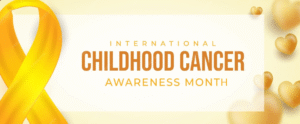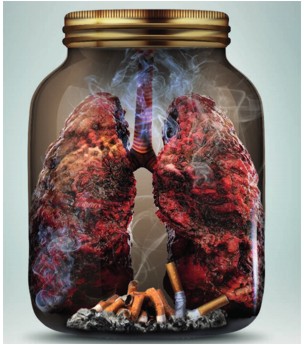
Leading cause of death, illness and impoverishment
Every year, on 31 May, the World Health Organization (WHO) and global partners celebrate World No Tobacco Day (WNTD). The annual campaign is an opportunity to raise awareness on the harmful and deadly effects of tobacco use and second-hand smoke exposure, and to discourage the use of tobacco in any form.
The focus of World No Tobacco Day 2019 is on “tobacco and lung health.” The campaign will increase awareness on: The negative impact that tobacco has on people’s lung health, from cancer to chronic respiratory disease.
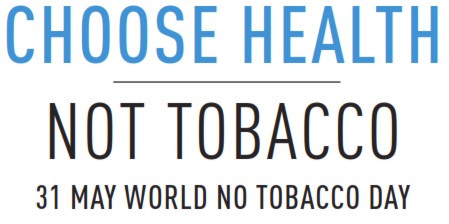
The fundamental role lungs play for the health and well-being of all people. The campaign also serves as a call to action, advocating for effective policies to reduce tobacco consumption and engaging stakeholders across multiple sectors in the fight for tobacco control.
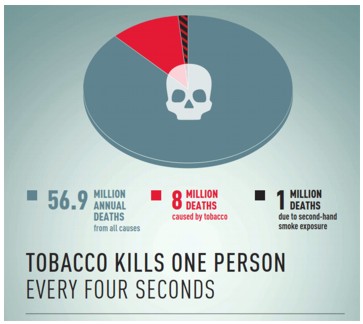
Tobacco is deadly in any form and threatens the lung health of everyone exposed to it. Tobacco kills one person every 4 seconds. Respiratory diseases are among the leading causes of death globally, and tobacco is a major risk factor. Tobacco exposure is a threat to lung health for everyone – not just smokers.
Second-hand smoke kills

Tobacco smoke contributes to indoor air pollution, which is a major threat to lung health. Every year, over 1 million deaths globally are caused by second-hand smoke. Smokers’ children suffer reduced lung function, which continues to affect them in the form of chronic respiratory disorders in adulthood with just a single breath, the hundreds of toxins in tobacco smoke begin damaging the lungs.
The harmful effects of tobacco smoke on the lungs are almost immediate, tobacco kills over 8 million people every year, despite a steady reduction in tobacco use globally.
Tobacco smoking is more than doubles the risk of transforming TB from a latent state to the active disease. About one quarter of the world’s population has latent TB, placing them at risk of developing the active disease around. One in nine asthma deaths can be attributed to tobacco smoking. School-aged children of smokers are at risk of developing asthma and/or their asthma getting worse. Childhood asthma is irreversible and contributes to missed school-days, disrupted sleep and restricted play.
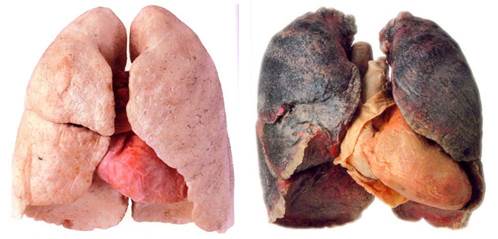
Tobacco smoking is the most common cause of lung cancer, causing roughly 1.2 million lung cancer deaths every year. Smokers are up to 22 times more likely to develop lung cancer in their lifetime, compared with non-smokers. Non-smokers exposed to second-hand smoke at home or in the workplace have a 30% higher risk of developing lung cancer. After 10 years free of tobacco, the risk of lung cancer is reduced to about half that of a smoker. Globally, 1.8 million deaths are caused by lung cancer annually.
One in five smokers will develop COPD in their lifetime and almost half of COPD deaths are attributable to smoking. Chronic obstructive pulmonary disease (COPD) is a lung disease that causes episodes of breathlessness, coughing and mucus production. These episodes are seriously disabling; they can last from several days to several months, and sometimes result in death. In 2016, it was estimated that over 251 million people live with COPD. Tobacco smoking is the most important risk factor for COPD.
No level of exposure to tobacco smoke is risk-free. The best measure to prevent respiratory disease and improve lung health globally is to reduce tobacco use and exposure to tobacco smoke.
Quitting tobacco use has the potential to reverse some, but not all, of the damage done by tobacco smoke to the lungs. Quitting as soon as possible is therefore essential to prevent the onset of chronic lung disease, which is potentially irreversible once it has developed. Lung function improves within just two weeks of quitting tobacco use. Quitting smoking after a diagnosis of lung disease is associated with better treatment outcomes and improved quality of life.


